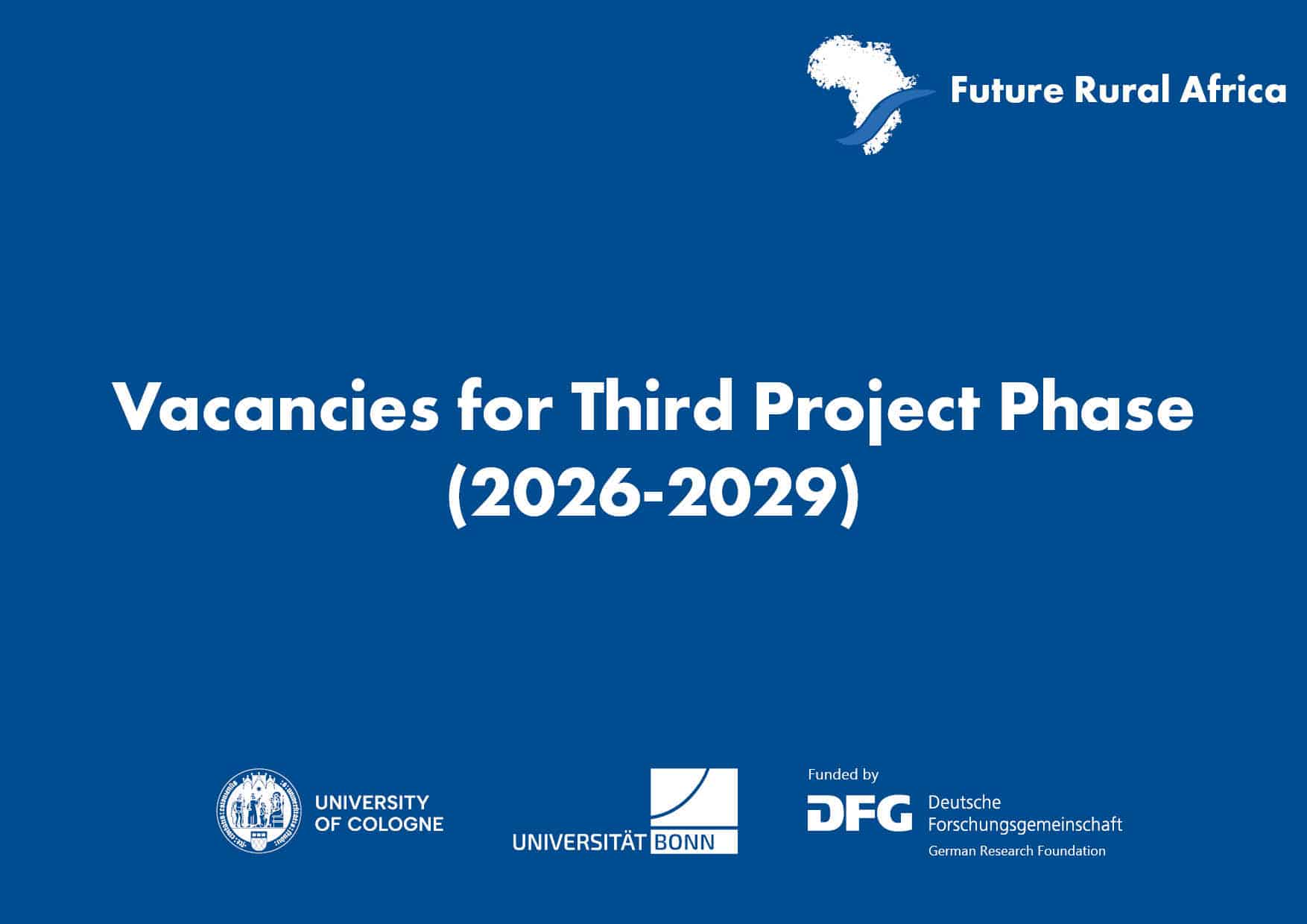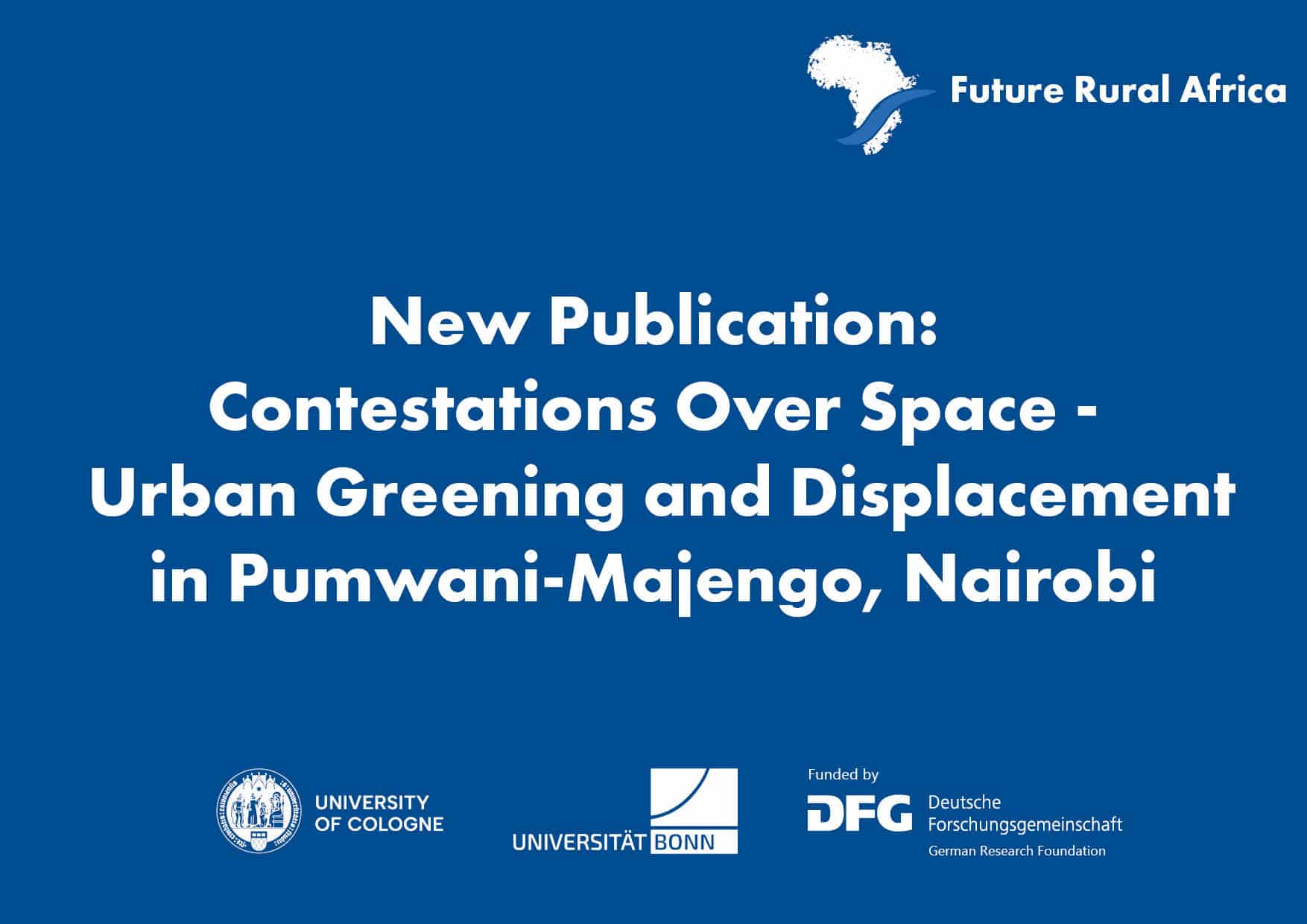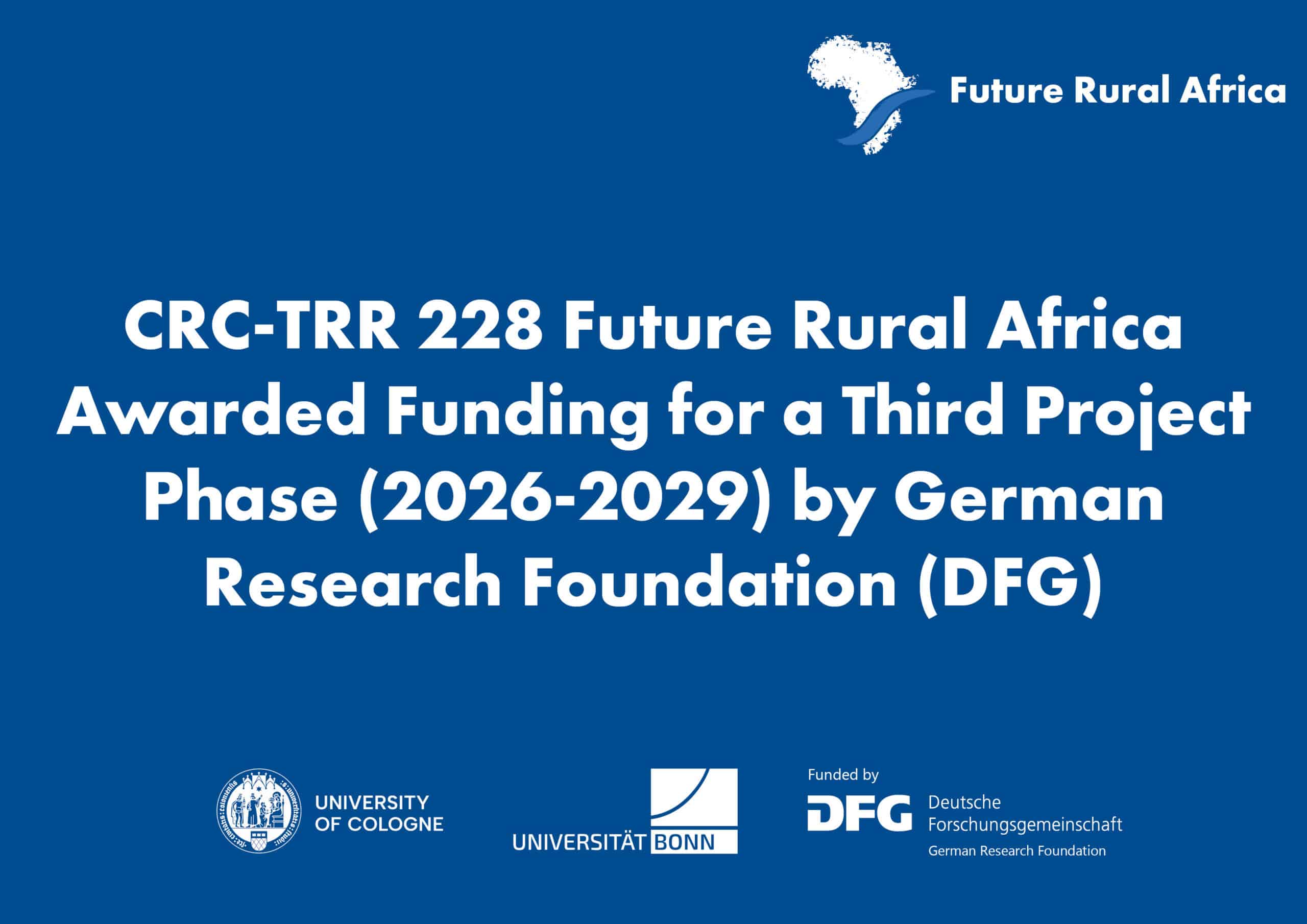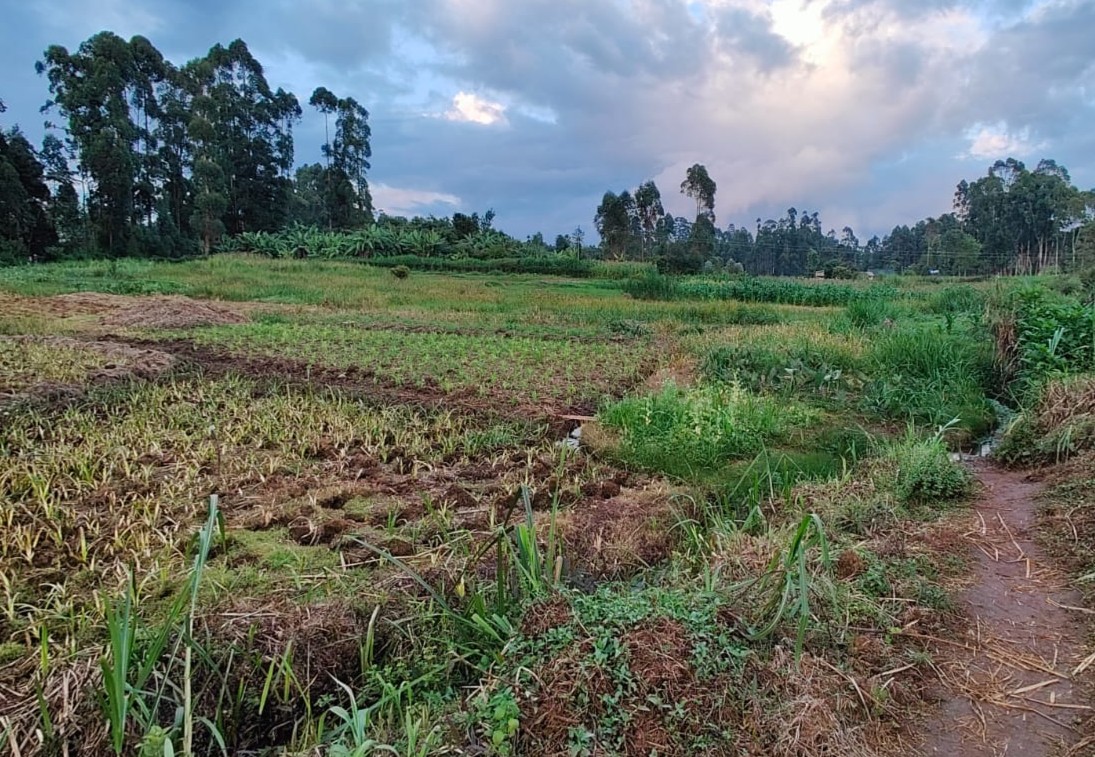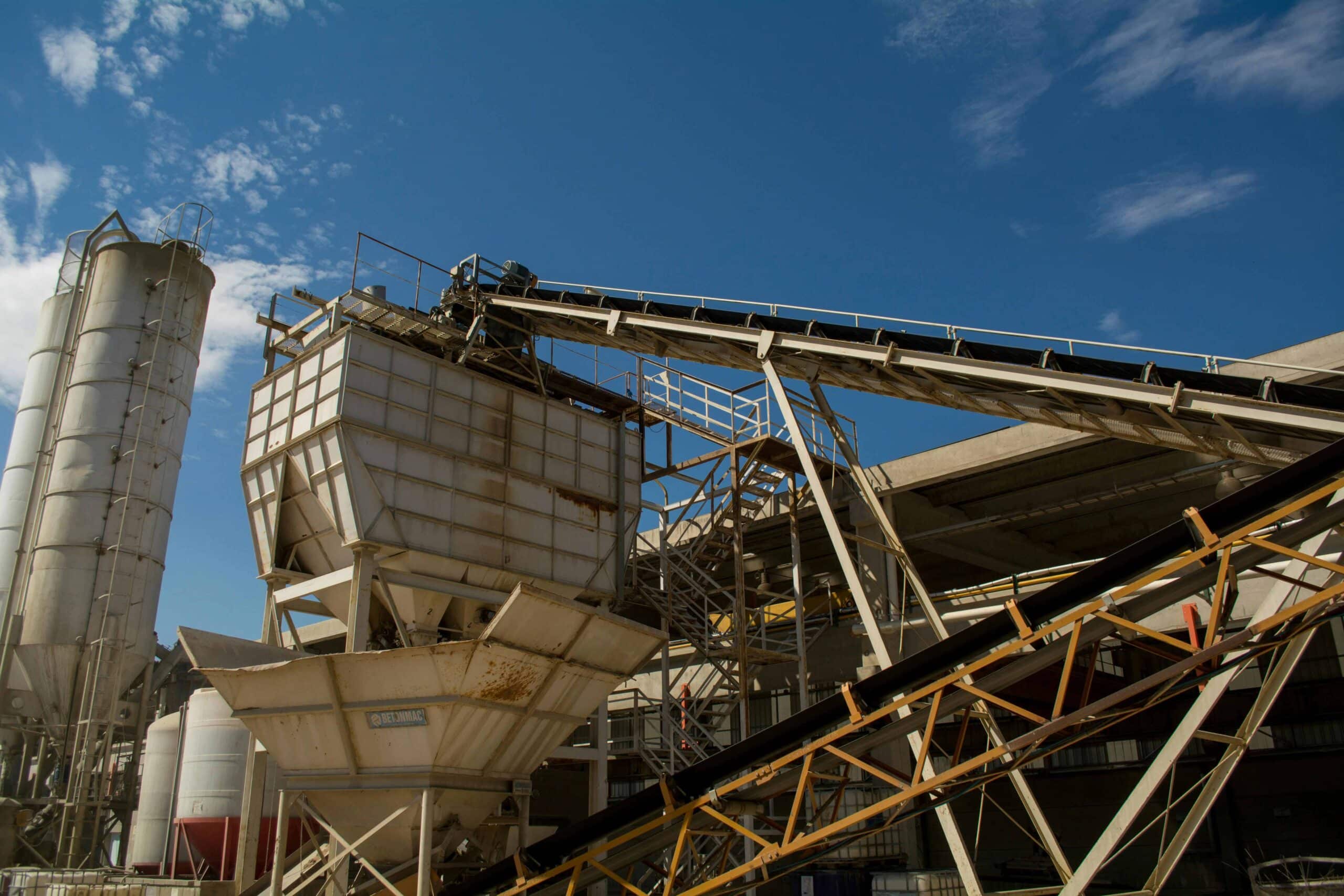By Frankline Ndi, Future Rural Africa Project C02 Energy Futures.
Abstract
In Kenya, as well as in other parts of the global South, the drive to expand electricity production through large-scale renewable energy projects such as wind, solar and geothermal have been widely documented, along with land-related contestations emerging from within the affected communities. However, cases where local people consent to cede land to land investors have not yet received sufficient scholarly attention. Focusing on the Kipeto wind energy project in Kenya, this paper presents a counterpoint to the theoretical postulate of ‘accumulation by dispossession’ – to show how accumulation was possible without community dispossession of land. Grounded in empirical research, the paper argues, first, that land acquisition for wind energy development does not necessarily lead to dispossession if affected populations are compensated fairly, for example with better housing, jobs, money, and importantly are allowed to continue accessing land to sustain livelihoods. Second, the achievability of Kipeto wind energy project is largely due to the company’s strategic approach to land consultation and negotiation with communities, which leads to wider social acceptance of the wind energy project. Nevertheless, some landowners have expressed their dissatisfaction concerning the financial compensation mechanisms. Thus, there is need for a longitudinal study to ascertain the extent to which the project developer and landowners keep to their promises as well as to understand the long-term impacts of land deals.
Reference
Ndi, F. 2024. Land acquisition, renewable energy development, and livelihood transformation in rural Kenya: The case of the Kipeto wind energy project, Energy Research & Social Science, Volume 112, 2024, DOI


